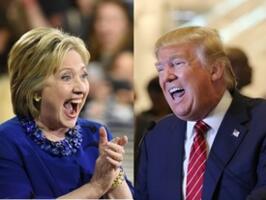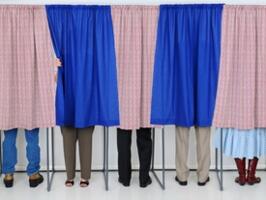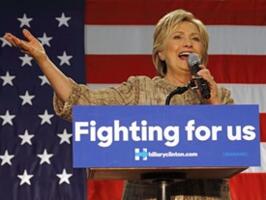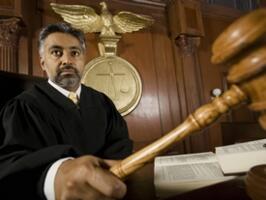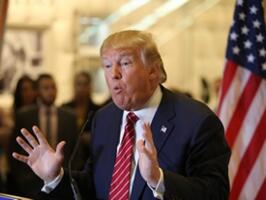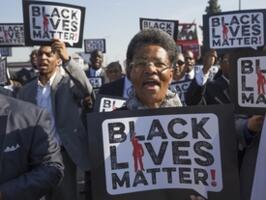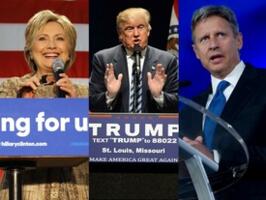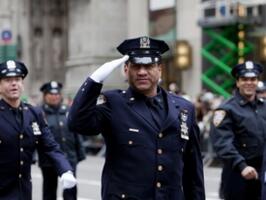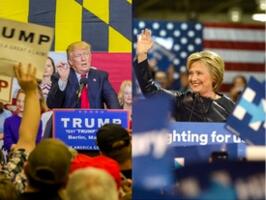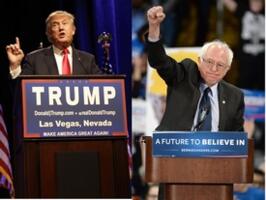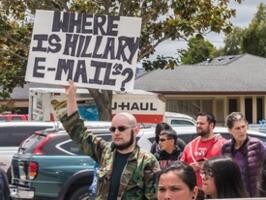May 31, 2016
Most continue to believe likely Democratic nominee Hillary Clinton is a lawbreaker, but half of all voters also say a felony indictment shouldn’t stop her campaign for the presidency.
The latest Rasmussen Reports national telephone and online survey finds that 43% of Likely U.S. Voters think Clinton should immediately stop campaigning if she is charged with a felony in connection with her use of a private e-mail server while secretary of State. Fifty percent (50%), however, think she should continue running until a court determines her guilt or innocence. (To see survey question wording, click here.)
(Want a free daily email update? If it's in the news, it's in our polls). Rasmussen Reports updates are also available on Twitter or Facebook.
The survey of 1,000 Likely Voters was conducted on May 29-30, 2016 by Rasmussen Reports. The margin of sampling error is +/- 3 percentage points with a 95% level of confidence. Field work for all Rasmussen Reports surveys is conducted by Pulse Opinion Research, LLC. See methodology.

